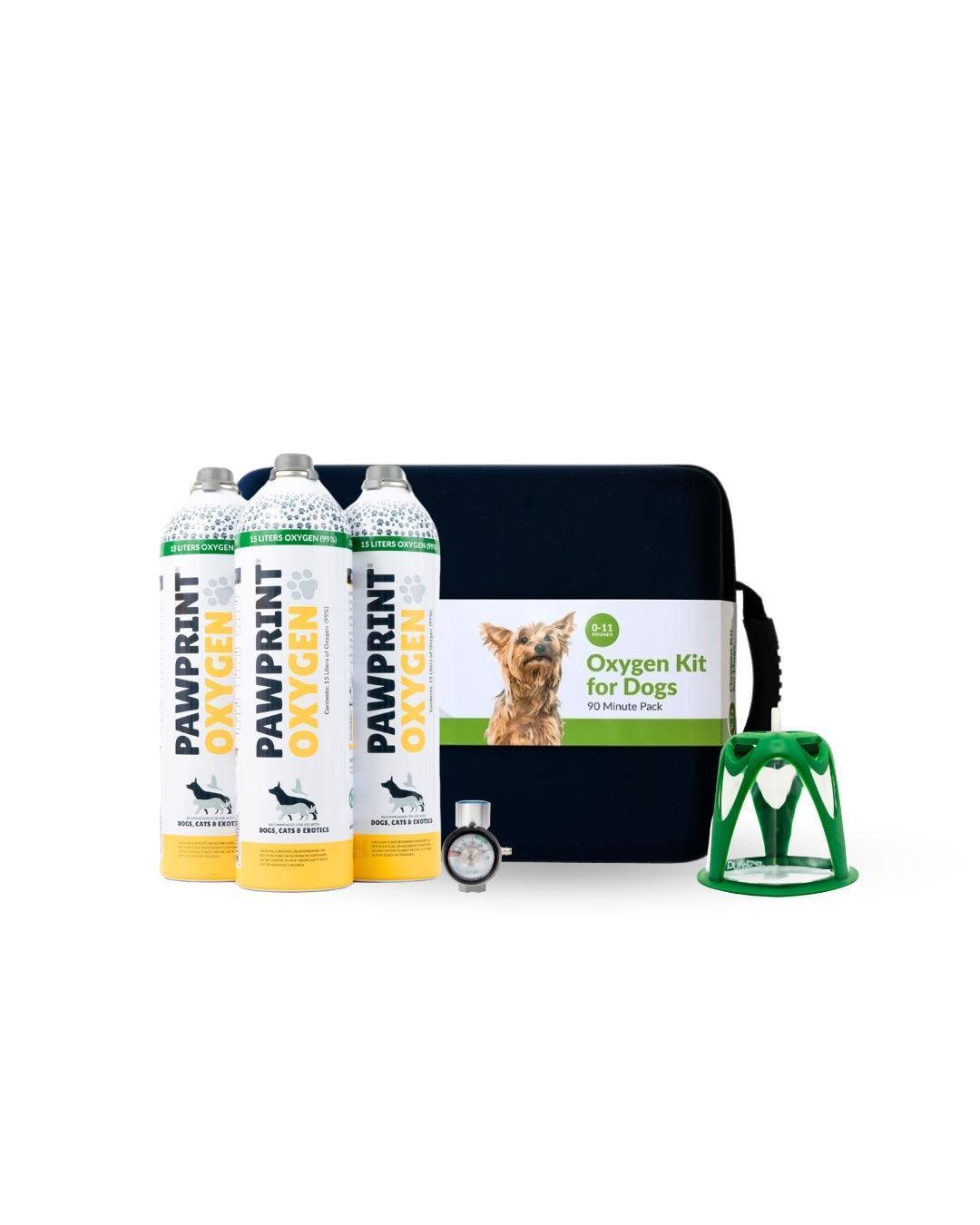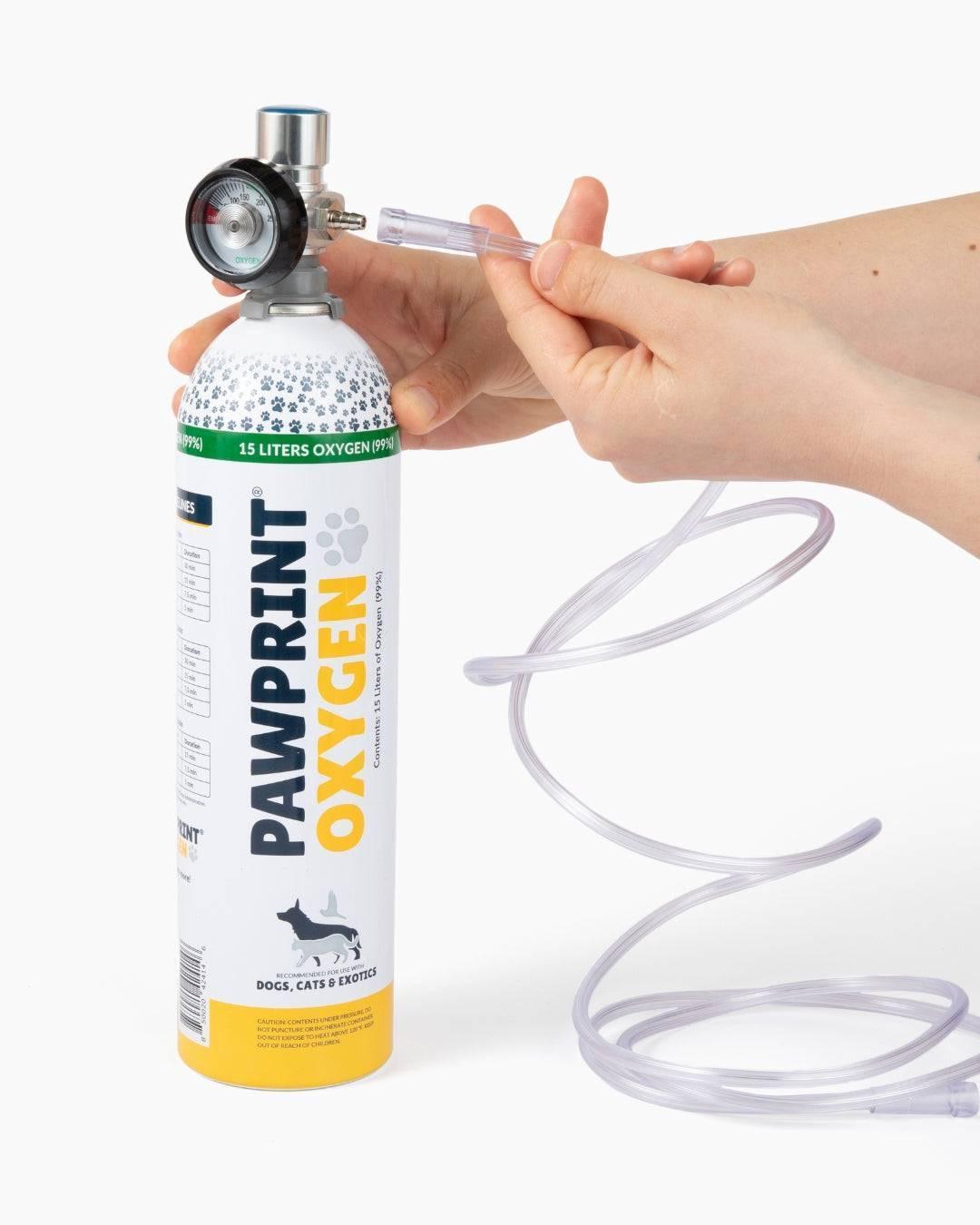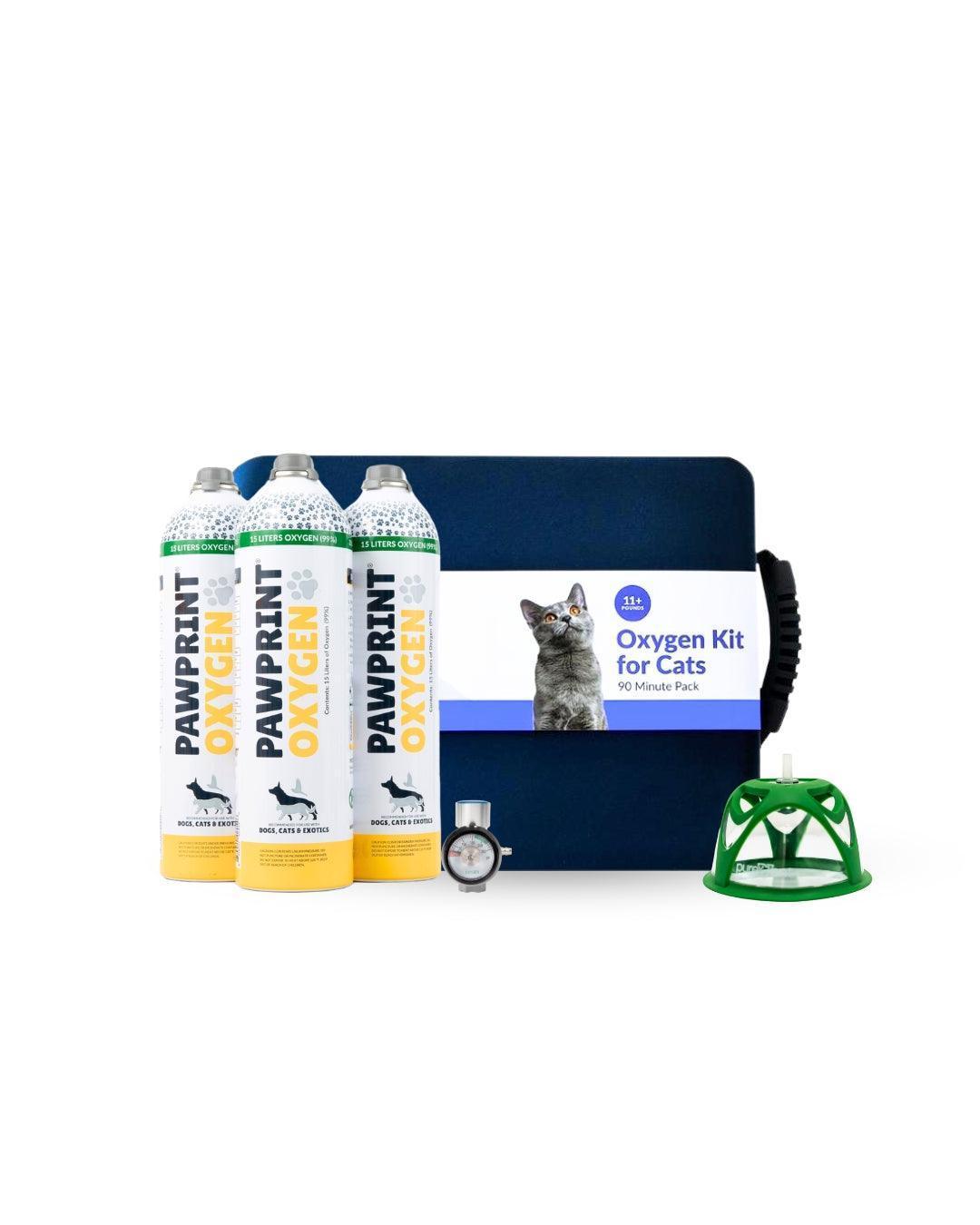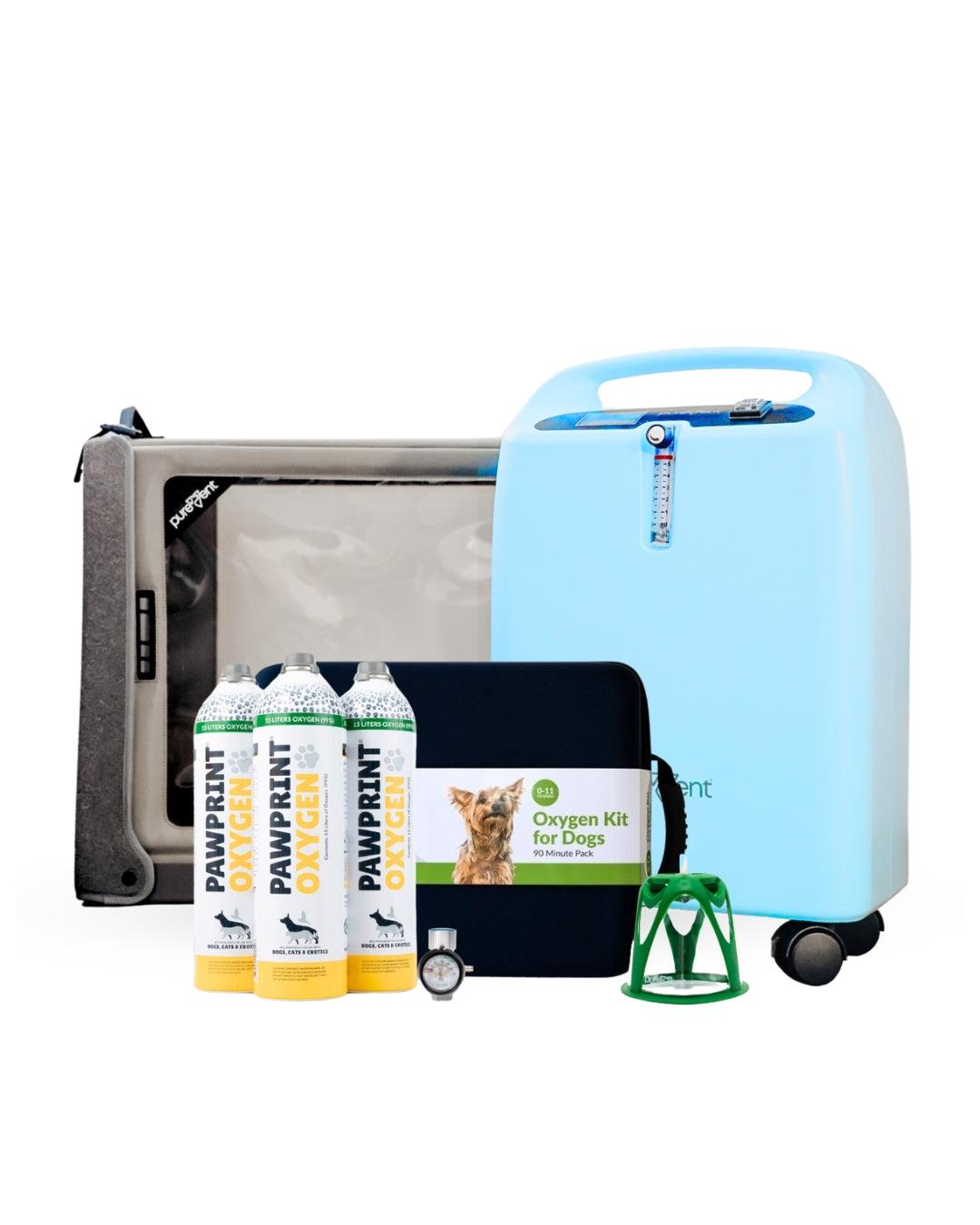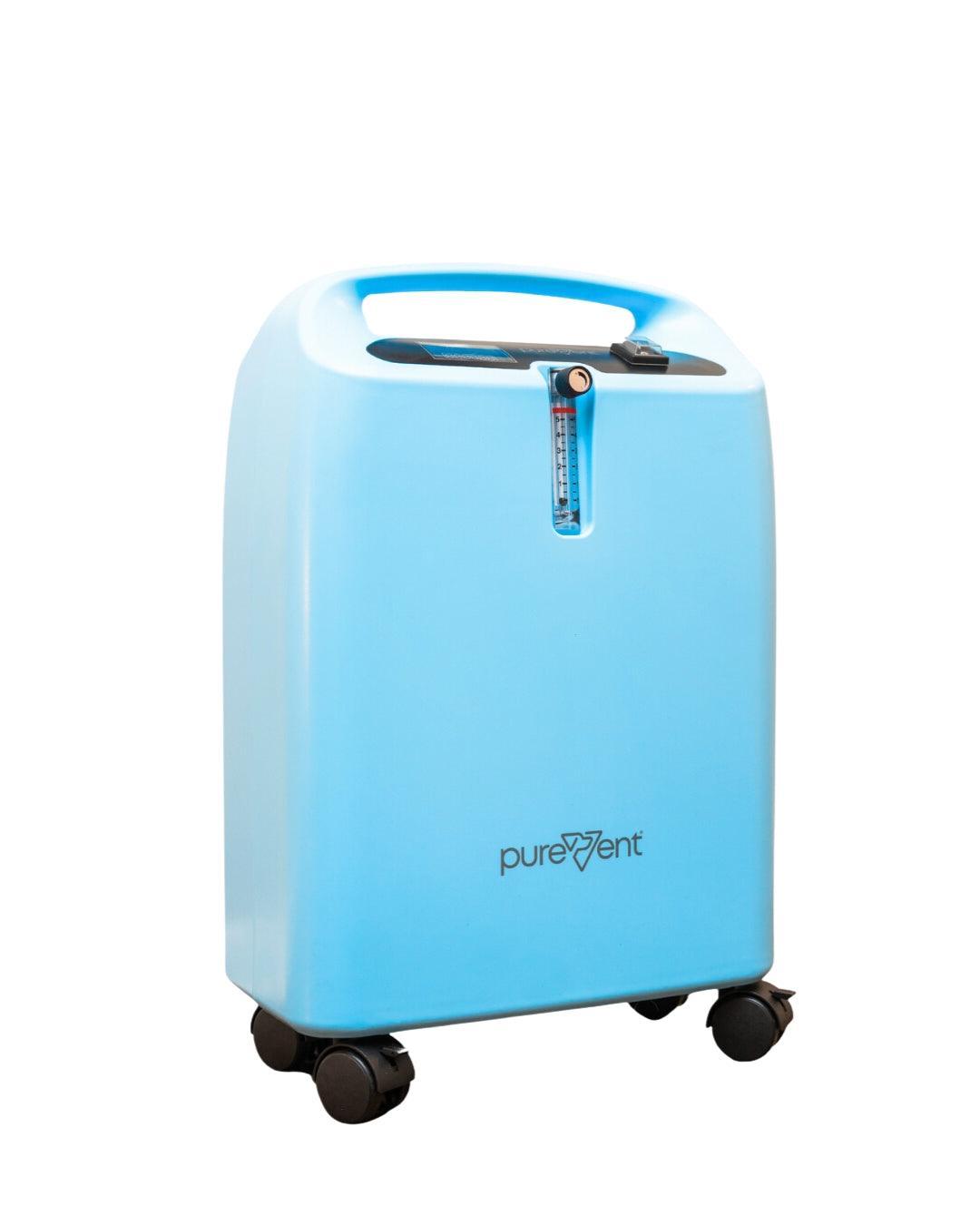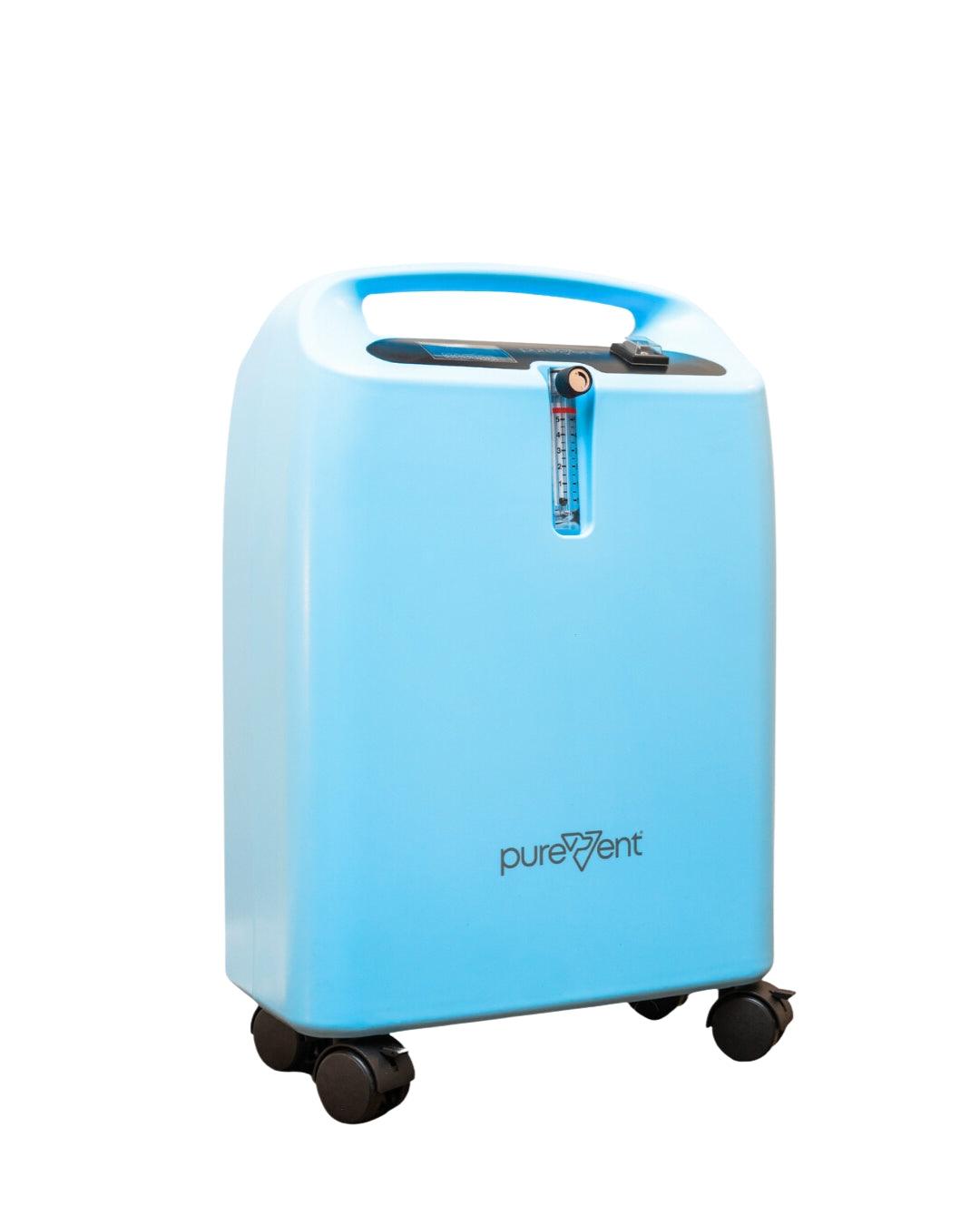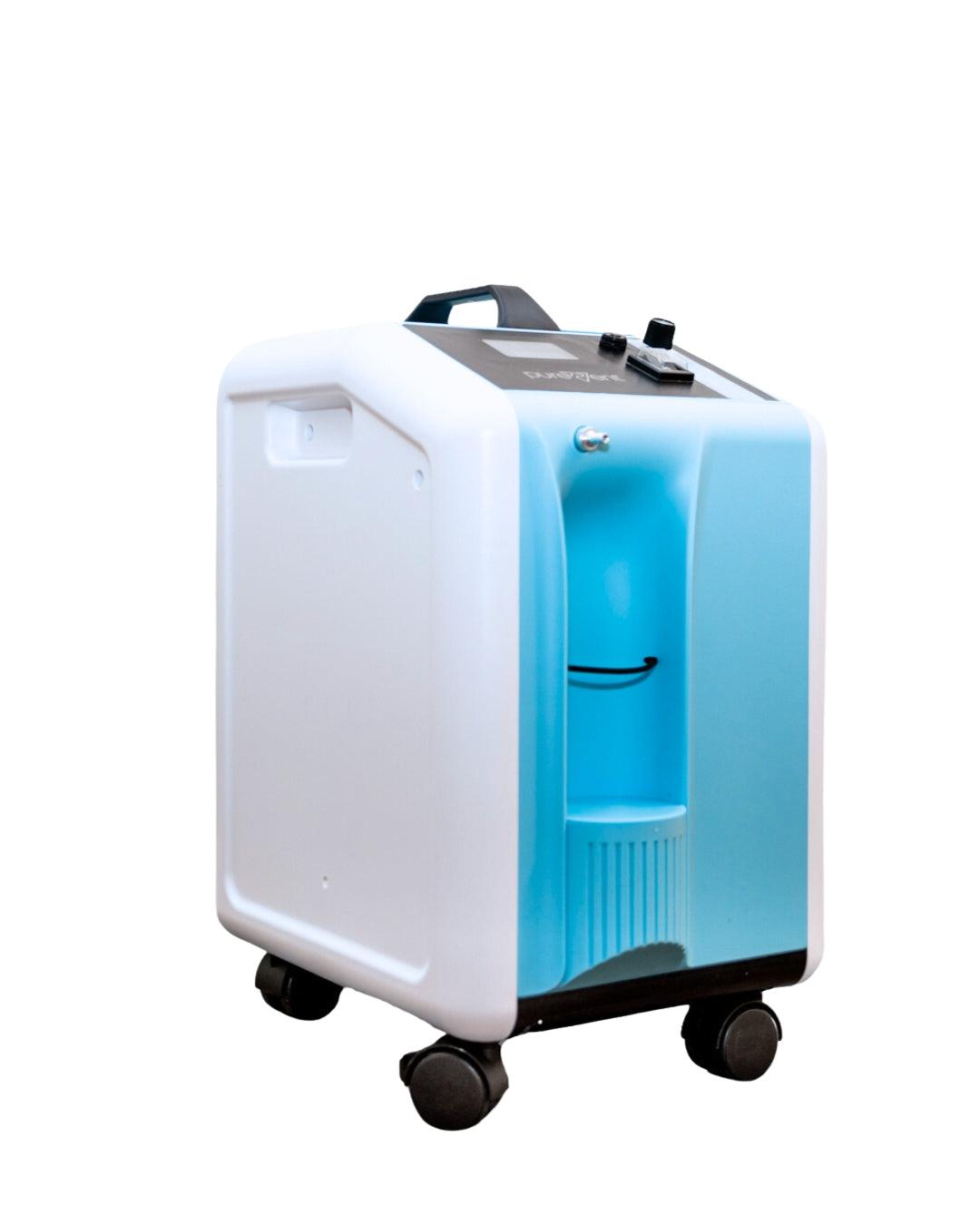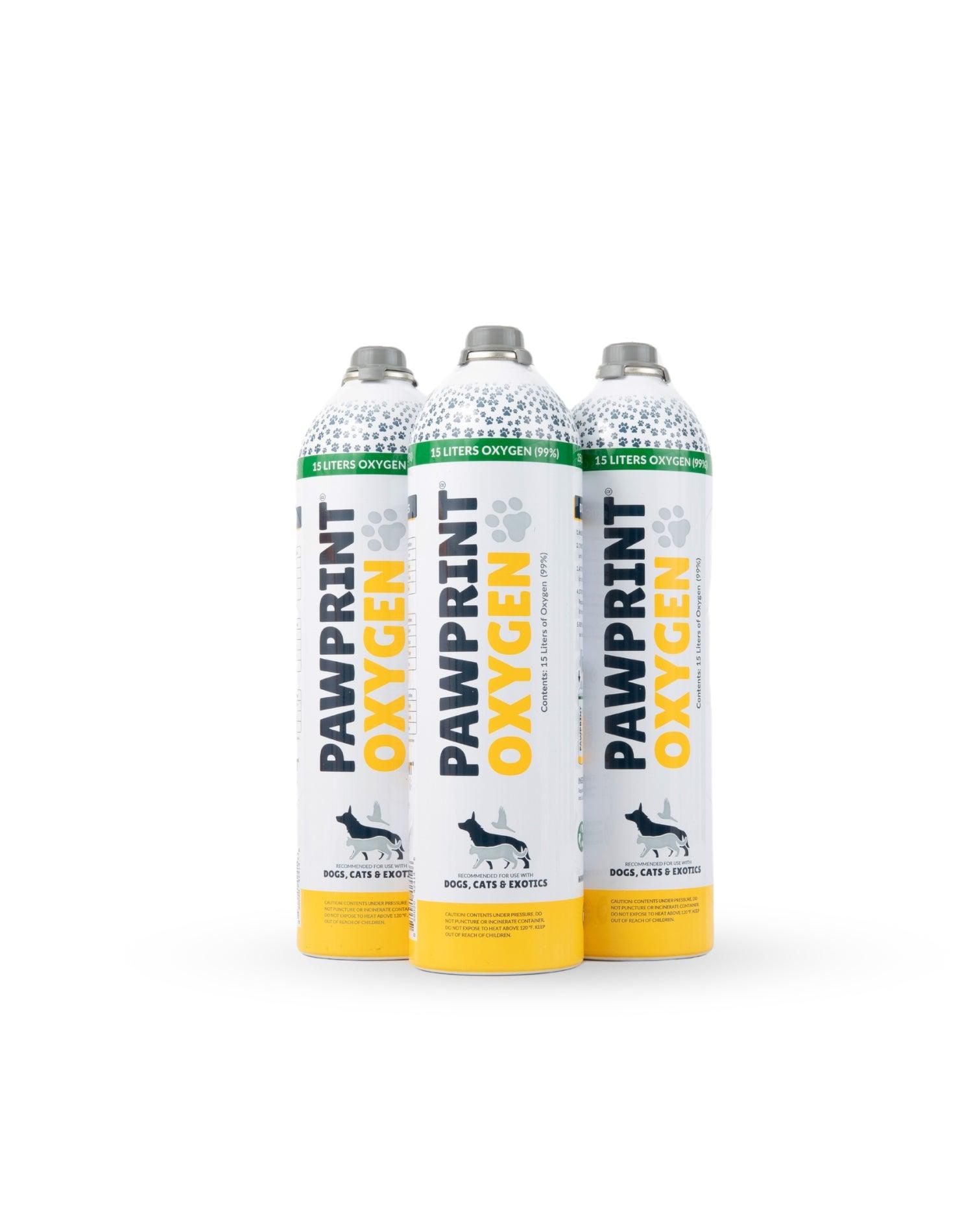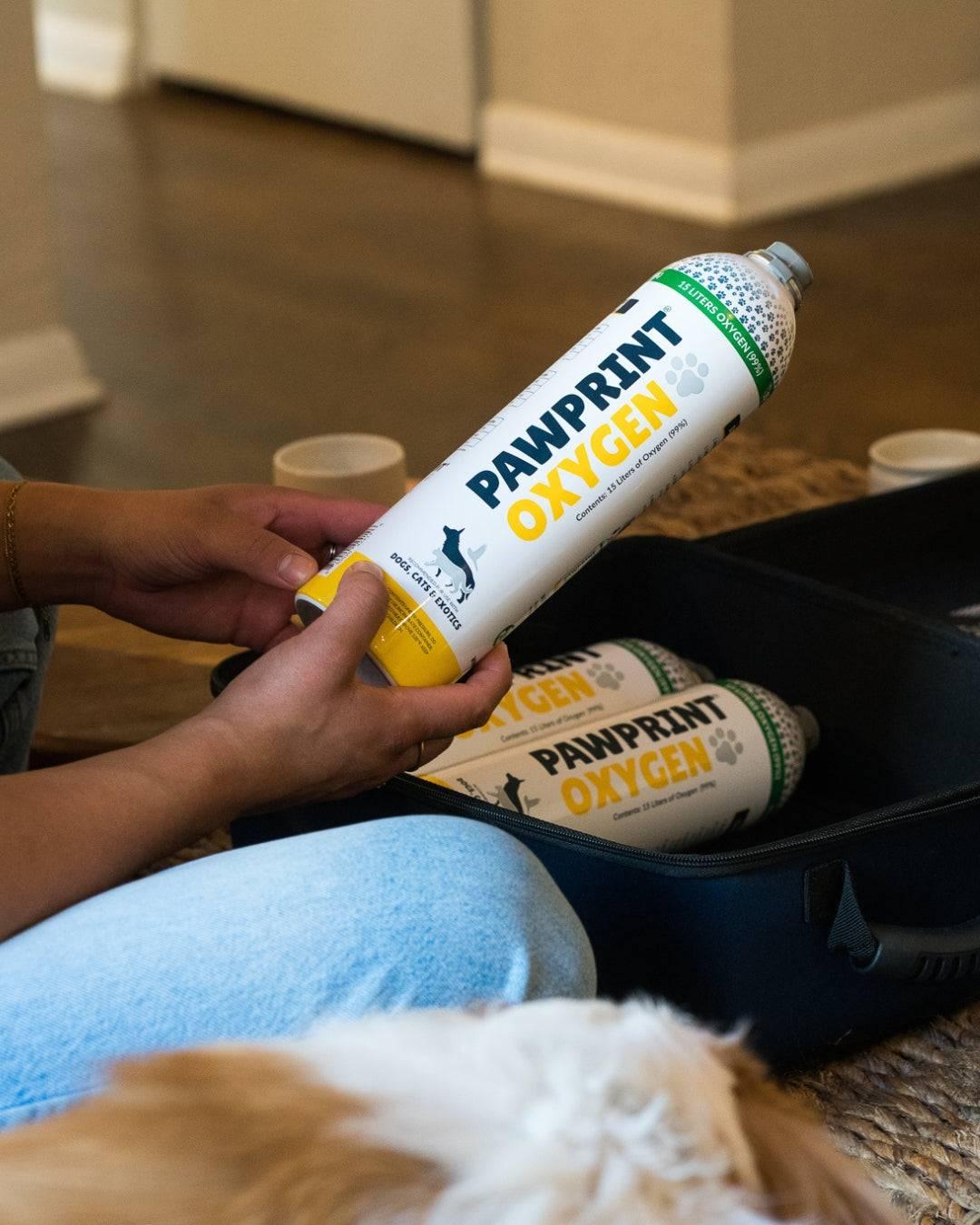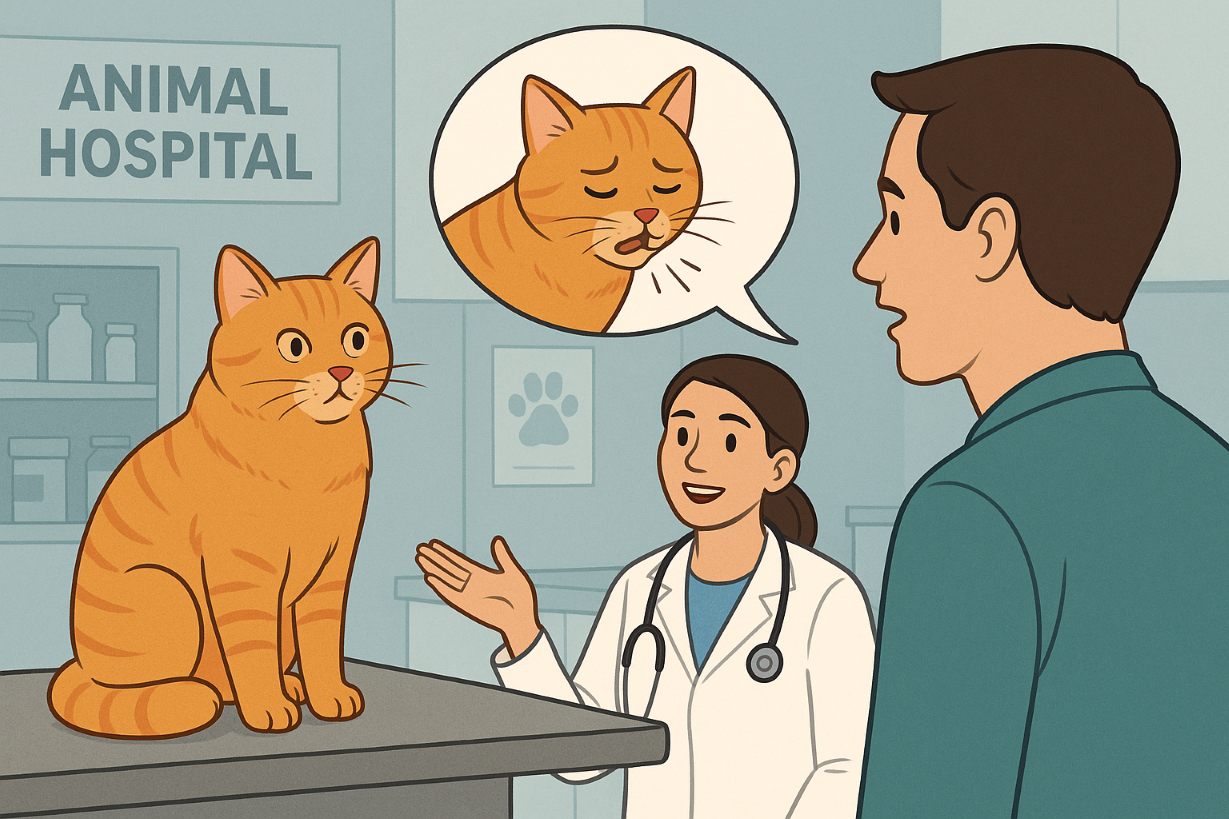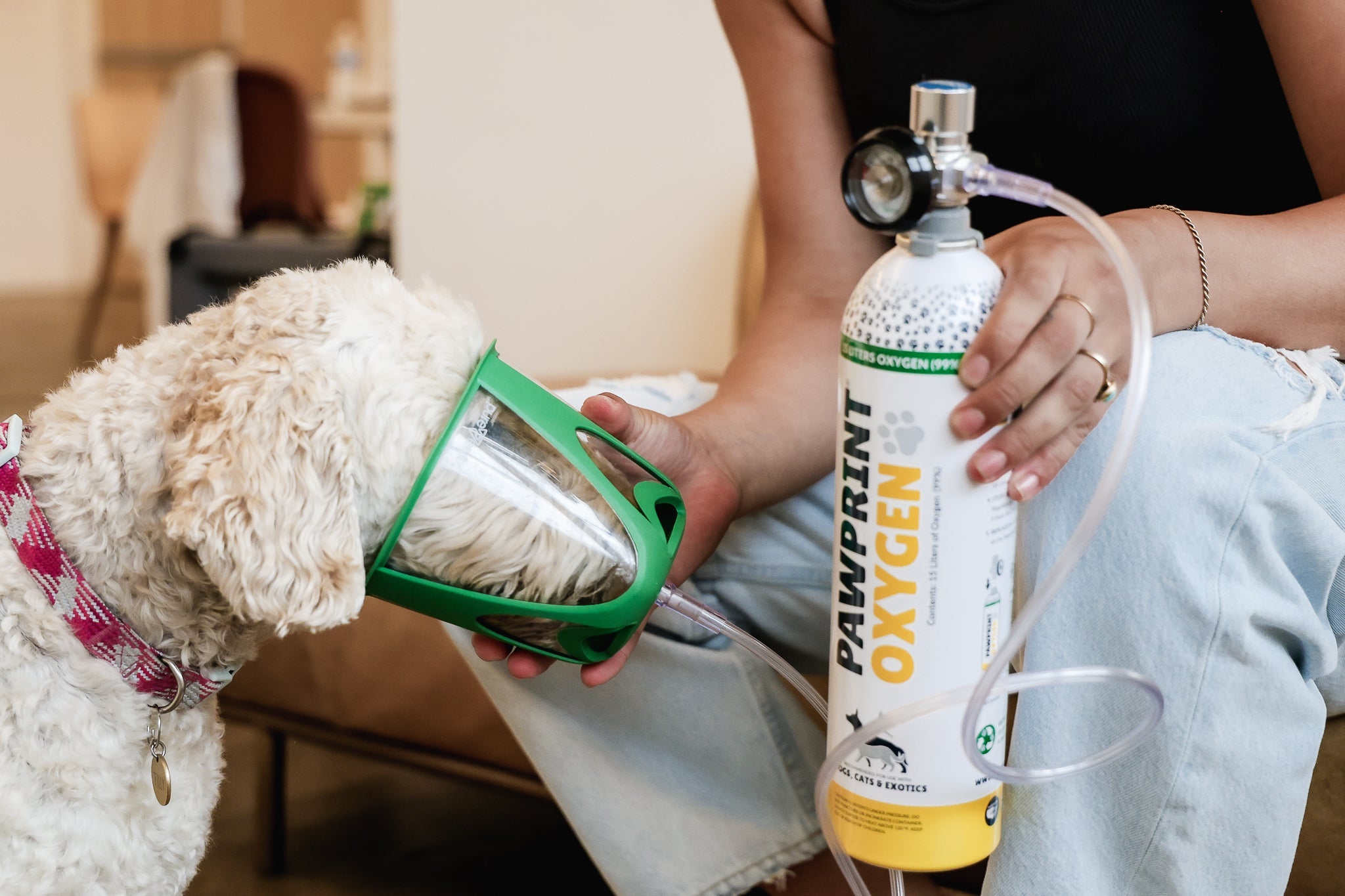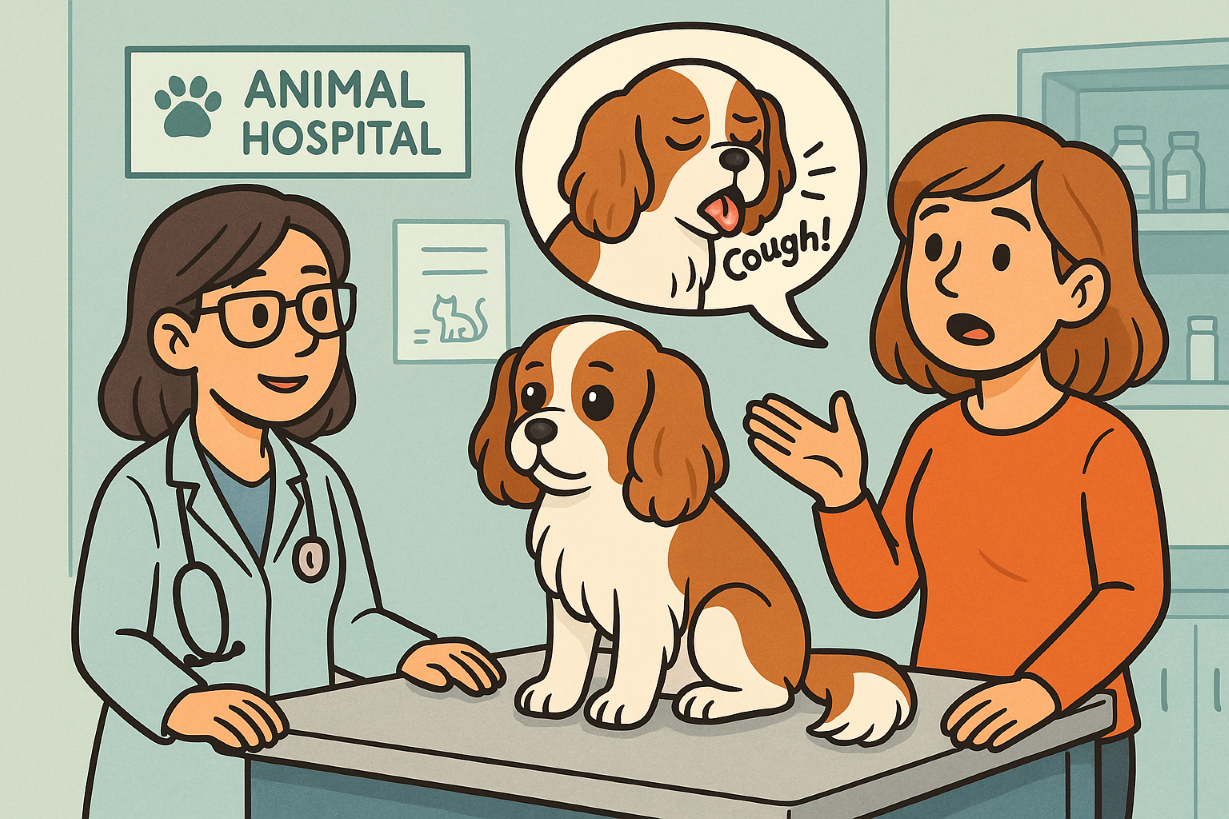As spring rolls around, gardeners everywhere are gearing up to start their annual planting. However, for pet owners, it's important to be cautious when choosing plants to add to their gardens. Many common plants and flowers can be toxic to our furry friends, and accidental ingestion can lead to serious health problems. In this blog post, we'll explore the world of pet-friendly gardening and provide you with tips on how to choose plants that are safe for your pets. From colorful annuals to tasty herbs, we'll show you how to create a beautiful garden that both you and your furry friends can enjoy. So let's get started on creating a safe and pet-friendly garden that your whole family can love!
Get the full guide of safe plants, and plants to avoid here!
(It's free! Print it out and keep it for reference)
Pet-Friendly Plants
Marigold
In addition to being a pet-friendly garden staple, Marigold blooms are an excellent resource for bees and pollinators throughout the growing season. Some marigolds are better than others for certain pollinating insect species – but many can help to draw them into your garden.
Lemongrass
Lemongrass is generally considered safe for pets to eat, and it's not known to be toxic to dogs or cats. In fact, lemongrass is sometimes used in pet foods and treats as a natural flavoring agent.
Basil
basil is generally considered safe for pets to eat in moderation. Basil is a herb that is commonly used in cooking and is not known to be toxic to pets. In fact, some pet owners even give their pets small amounts of fresh basil as a treat.
Petunias
Petunias are generally considered to be non-toxic to pets, so they are safe for pets if they ingest them in small quantities. Petunias are a popular flowering plant that are commonly grown in gardens and used as ornamental plants. They are not known to be toxic to dogs, cats, or other household pets.
Dill
Dill is considered to be a safe herb for pets to eat, and it's not known to be toxic to them.
Other Pet-Friendly Plants:
- Echinacea
- Lavender
- Marjoram
- Parsley
- Rosemary
- Thyme
- Alyssum
- Blue Daisy
- Boston Fern
- Bottle Brush Tree
- Camelia
- Canna
- Ceolsia Plumosa
- Christmas Cactus

Toxic Vs. Poisonous Plants
The terms "toxic" and "poisonous" are often used interchangeably when referring to plants that can be harmful to pets. However, there is a subtle difference between the two terms.
A plant is considered toxic if it can cause harm to a pet if ingested or touched, but the severity of the harm may vary depending on the amount of exposure. For example, a pet may experience mild symptoms such as vomiting or diarrhea if they consume a small amount of a toxic plant, but more severe symptoms may occur if they ingest a large amount.
On the other hand, a plant is considered poisonous if it contains a substance that is harmful to a pet even in small amounts and can potentially cause serious harm or even death. Poisonous plants contain toxic substances such as alkaloids, glycosides, and resins, which can affect the pet's nervous system, cardiovascular system, or other organs.
It's important to note that both toxic and poisonous plants can be harmful to pets, and pet owners should take precautions to keep their pets away from any potentially harmful plants. If you suspect that your pet has ingested any part of a plant, it's always a good idea to contact a veterinarian for advice on how to proceed.
Toxic Plants for Pets
Aloe
Aloe is toxic to pets, particularly to cats and dogs, because it contains anthraquinones, which are natural laxatives that can cause diarrhea, vomiting, and other digestive issues. These compounds are found in the latex or juice of the aloe plant, which is located just beneath the plant's outer leaf.
Carnation Flowers
Carnation flowers are considered to be mildly toxic to pets if ingested in large quantities. They contain compounds such as saponins and glycosides, which can cause gastrointestinal irritation, vomiting, and diarrhea in pets.
Dumb Cane
Dumb cane (Dieffenbachia) is a common household plant that is toxic to pets, particularly cats and dogs if ingested. The plant contains calcium oxalate crystals, which are tiny needle-like structures that can cause irritation and inflammation in the mouth, throat, and digestive tract of pets.
Hibiscus
Hibiscus plants are considered to be mildly toxic to pets, especially to dogs and cats, if ingested. The plant contains naturally occurring organic acids, including malic, hibiscus, and citric acids, which can cause gastrointestinal upset and irritation if ingested in large quantities.
Other Toxic Plants Include:
- Begonia
- Bird of Paradise
- Calla Lily
- Coleus
- Cosmos
- Dahlia
- Elephant Ear
- Fleabane
- Gardenia
- Hydrangea
- Iris
- Pansy
Poisonous Plants for Pets
Azalea
Azalea plants are highly toxic to pets if ingested, particularly to dogs and cats. The plant contains a toxin called grayanotoxane, which can cause a range of symptoms in pets.
Symptoms of azalea poisoning in pets can include vomiting, diarrhea, excessive drooling, loss of appetite, weakness, and in severe cases, cardiac abnormalities and seizures.
Castor Bean
Castor bean plants are considered to be highly poisonous to pets, particularly to dogs and cats, if ingested. The plant contains a toxic compound called ricin, which can cause severe symptoms and even death in pets.
Symptoms of castor bean poisoning in pets can include vomiting, diarrhea, abdominal pain, excessive thirst, seizures, and in severe cases, respiratory distress and death.
Cyclamen
Cyclamen plants are considered to be highly poisonous to pets, particularly to dogs and cats, if ingested. The plant contains a toxic compound called cyclamine, which can cause severe symptoms in pets.
Symptoms of cyclamen poisoning in pets can include vomiting, diarrhea, abdominal pain, excessive salivation, irregular heartbeat, seizures, and in severe cases, death.
Sago Palm
Sago palm is a highly toxic plant to pets, particularly to dogs and cats, if ingested. The plant contains a toxic compound called cycasin, which can cause severe symptoms in pets.
Symptoms of sago palm poisoning in pets can include vomiting, diarrhea, lethargy, loss of appetite, abdominal pain, tremors, seizures, and in severe cases, liver failure and death.
Other Poisonous Plants Include:
- Daffodil
- Easter Lily
- Star Gazer Lily
- Tiger Lily
What Should You Do if You Think Your Pet Ate a Toxic or Poisonous Plant?
If you suspect your pet has ingested a toxic plant, it's important to act quickly and seek veterinary care immediately. Here are some steps to take if you think your pet has eaten a toxic plant:
1. Remove
your pet from the area where the plant is located to prevent further exposure.
2. Call
your veterinarian or a pet poison control hotline for immediate advice. They can advise you on what steps to take next and how to proceed.
3. Collect
a sample of the plant material your pet may have eaten. This can help to later identify the plant and determine the best course of treatment.
4. Watch
your pet closely for any signs of illness or distress, and note any symptoms they display. Be sure to mention these symptoms to your veterinarian, as they can help with diagnosis and treatment.
5. Follow
your veterinarian's advice regarding treatment. Depending on the severity of the toxicity, treatment may include inducing vomiting, administering activated charcoal, providing supportive care, and/or hospitalization.
Remember that time is of the essence when it comes to treating plant toxicity in pets. The quicker you can get your pet to a veterinarian for treatment, the better their chances of recovery.



